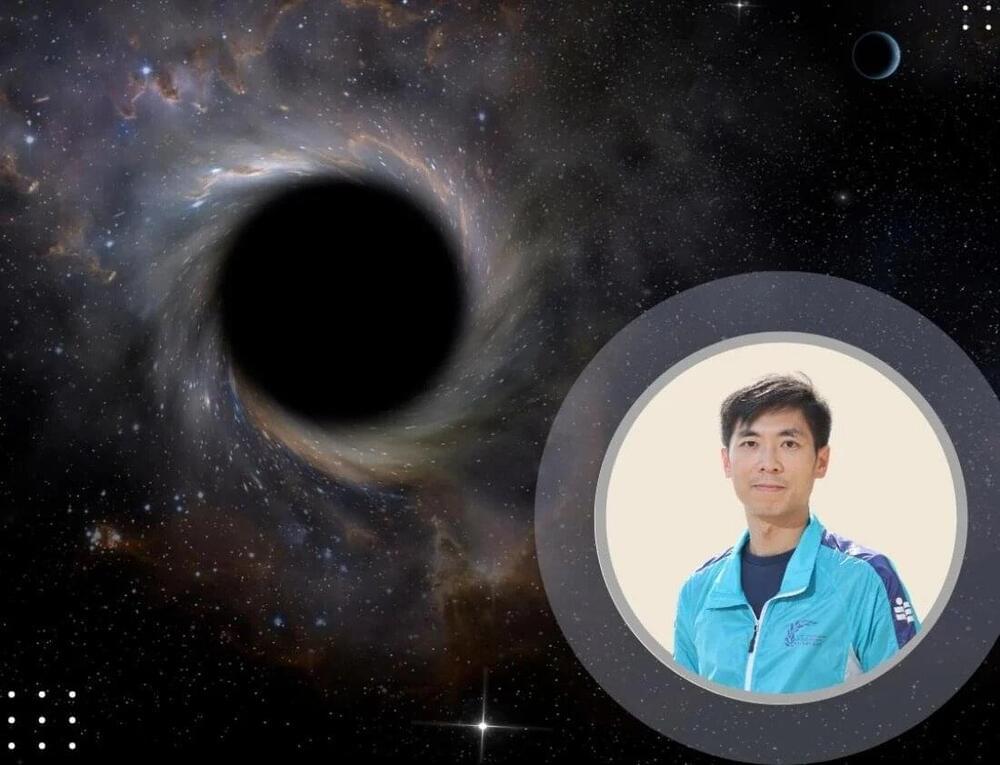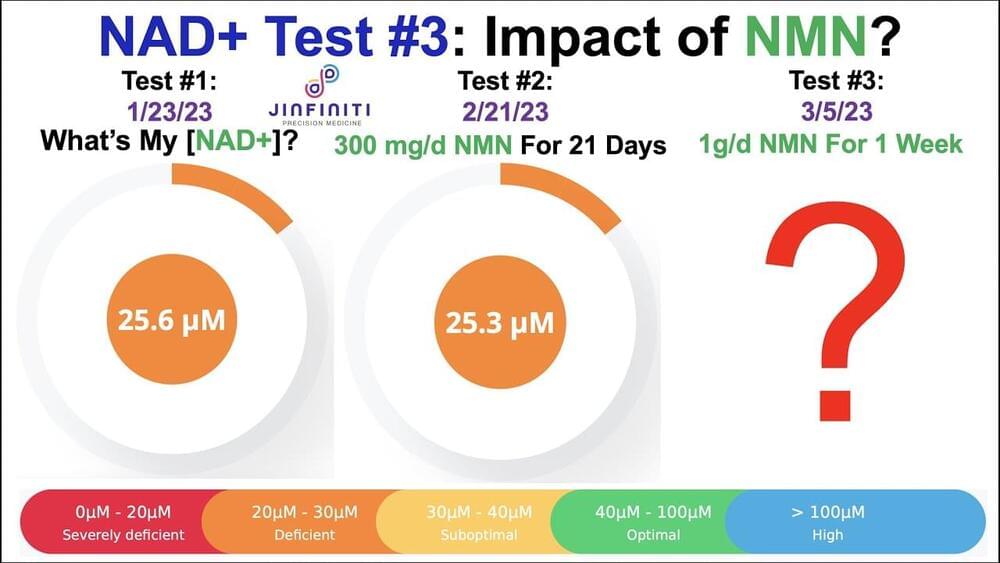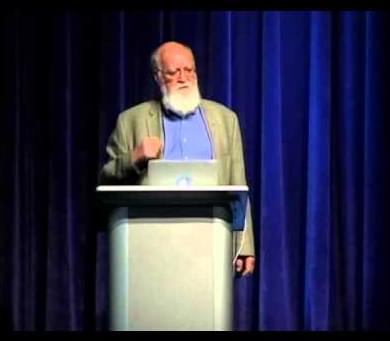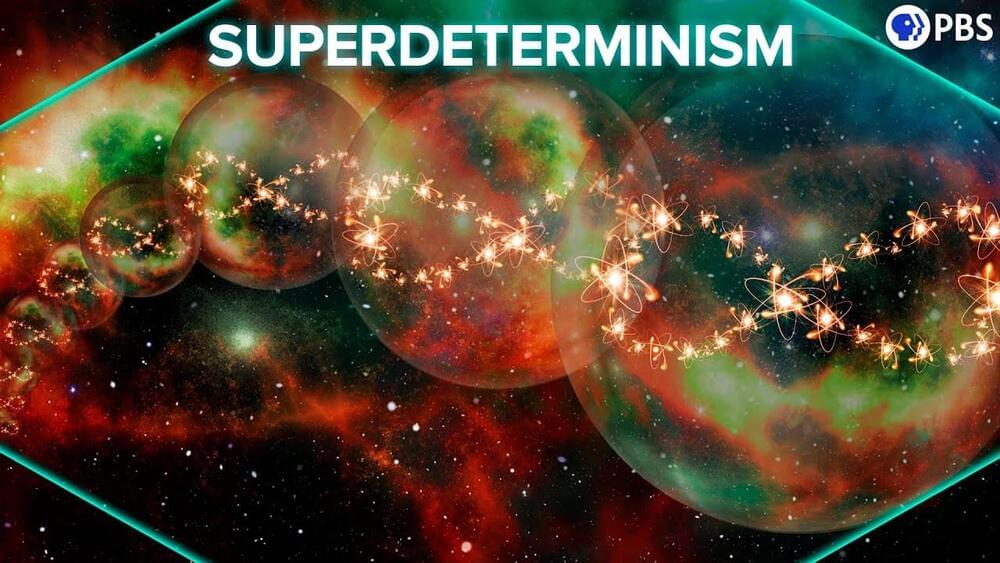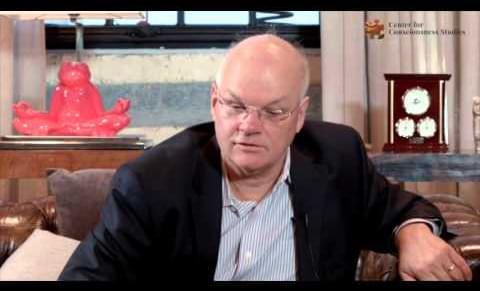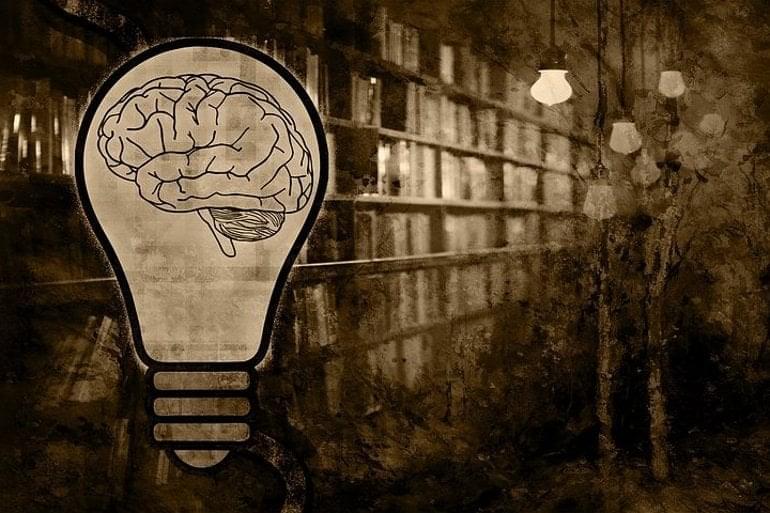Mar 21, 2023
Scientists unlock effect of psychedelic drug DMT on the human brain
Posted by Gemechu Taye in categories: biotech/medical, neuroscience
The powerful psychedelic can give you a near-death experience. Here is how it affects your brain on the inside.
Dimethyltryptamine, or DMT, is a powerful psychedelic whose effect on the human brain lasts for only some minutes, but in that short span of time, the user experiences some high-level mental changes.
The researchers examined the brain activity of the participants before, during, and after the DMT test. Here is what they found.
Continue reading “Scientists unlock effect of psychedelic drug DMT on the human brain” »

